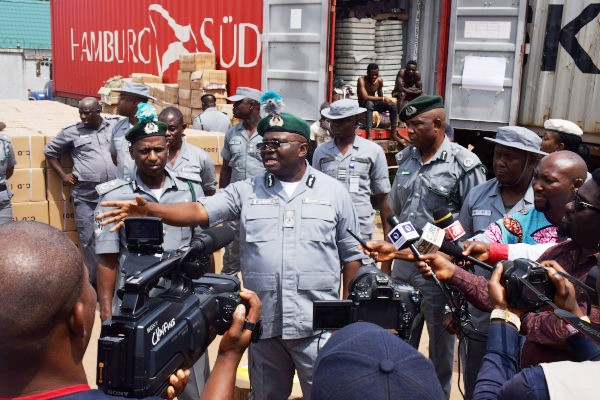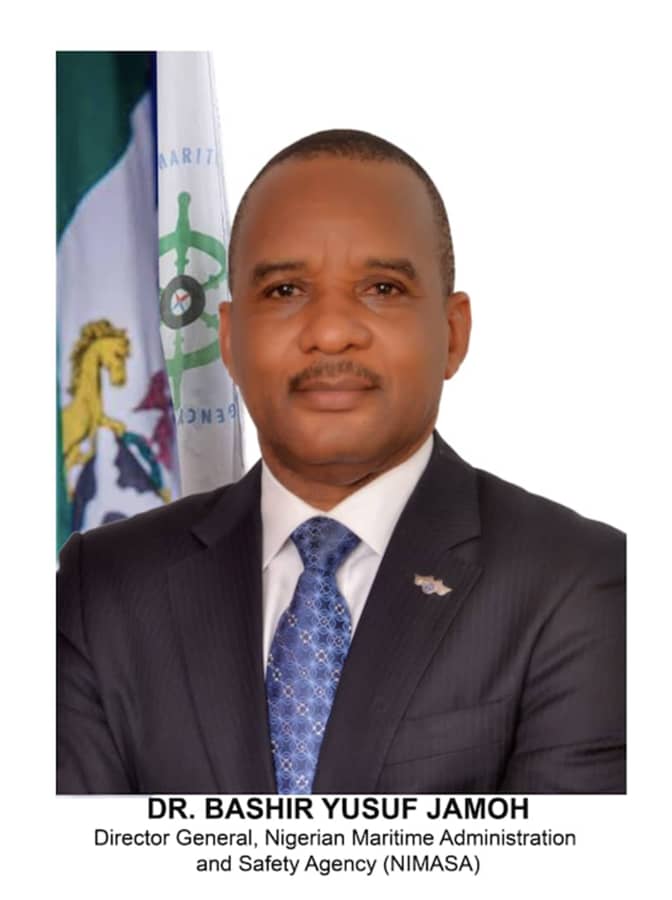Director-General of the Nigeria Maritime Administration and Safety Agency (NIMASA), Dr. Dakuku Peterside, on Wednesday in Abuja, provided what observers may assume to be lead on why the agency in connivance with the Ministry of Transportation went for a private Israeli security firm to man Nigerian waterways.
Opening up at a quarterly meeting and workshop on National Counter Terrorism Strategy Secure Pillar, Peterside said oil and gas installations in the country are daily confronted by diverse threats and that security agencies must come together to protect the maritime domain.
The workshop was jointly organised by the Office of the National Security Adviser and NIMASA.
Though he was mute on the controversial Israeli security deal, he said additional security details are needed for a round-the-clock surveillance along the leading maritime route on Nigerian territorial waters.
While identifying key threats to include piracy, illegal bunkering and terrorism, he averred that the shipping industry as well as oil and gas installations were important sources of income for the growth of the country’s economy.
According to him, “Every effort in the fight against terrorism goes a long way in the overall success of our counter terrorism strategy. Besides our economic challenges, the next hard challenge for our nation is the issue of security and terrorism. There is a need for strong synergy and collaboration among security agencies in the war against terrorism and insecurity.
“For us in NIMASA, we shall continue to collaborate with the ONSA for capacity building in maritime security. The shipping industry and oil and gas installations are confronted daily by diverse threats. Piracy, illegal bunkering and terrorism are also known threats. The expanse of Nigeria’s maritime area compares to about one-third of Nigeria’s total land area.”
In his address, the NSA, Maj.Gen. Babagana Monguno (retd), said “The counter- terrorism strategy is a crucial collaboration towards achieving the desired objectives of securing our nation against terrorist groups and other criminalities. It is in this light that we partner NIMASA to implement the counter terrorism strategy through the five pillars of forestall, secure, identify, prepare and implement.”








